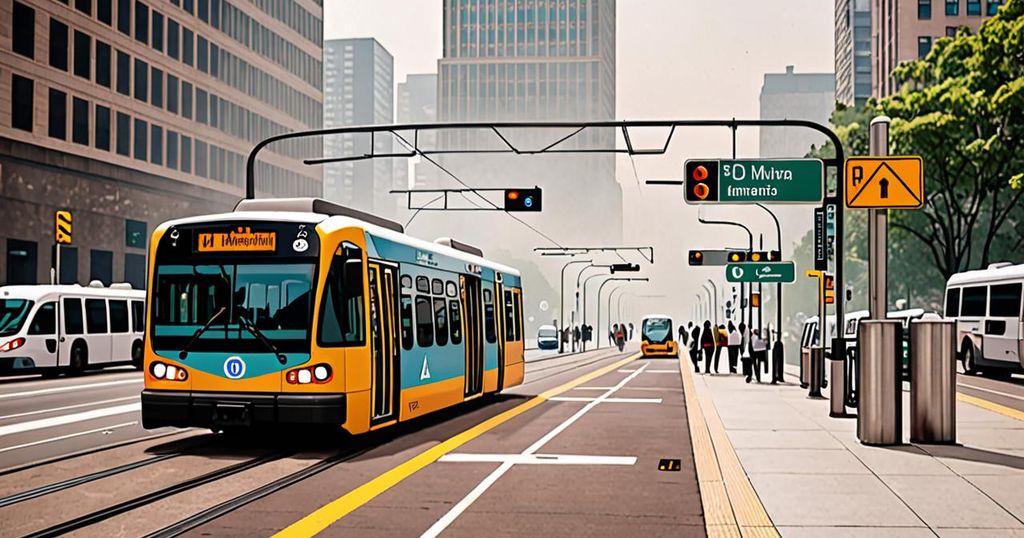The air pollution issue in and around Jakarta has emerged as a significant concern, with dangerous levels of pollution impacting the region. The recent implementation of the Jabodebek Light Rail Transit (LRT) service is viewed as a positive step in addressing air pollution and lessening reliance on private vehicles. It is imperative for both the government and the public to endorse and utilize public transportation as an effective method to diminish air pollution and enhance air quality.
The transportation sector has been recognized as the primary source of air pollutant emissions in Jakarta and its environs. Carbon monoxide, hydrocarbons, and particulate matter are among the pollutants discharged by the transportation sector, largely due to the extensive utilization of motorbikes and diesel cars/trucks. The substantial dependence on fossil fuels for energy sources further exacerbates the air pollution problem. Consequently, it is vital to seek alternatives to mitigate the transportation sector’s impact on air quality.
Public transportation has been identified as the most effective solution for reducing air pollution. Research indicates that commuter trains and LRT systems emit significantly lower levels of greenhouse gases compared to private vehicles. The newly launched Jabodebek LRT, with its capacity to transport tens of thousands of passengers daily, has the potential to annually reduce tons of carbon monoxide emissions. This presents a clear, pragmatic solution for addressing air pollution and its effects on public health.
It is crucial for the government to continue investing in public transportation infrastructure and amenities to enhance accessibility and promote greater utilization of these services. Additionally, the community can contribute to air pollution reduction by opting for public transportation over private vehicles. By collectively prioritizing public transportation, Jakarta and its surrounding areas can lower air pollution levels and enhance overall air quality.
The introduction of the Jabodebek LRT symbolizes a positive step toward promoting public transportation as an effective strategy for addressing air pollution. Both the government and the community must support and prioritize the use of public transportation to ensure a healthier and cleaner environment for all. Through collaborative efforts and sustained commitment to enhancing public transportation services, it is plausible to substantially diminish air pollution and its detrimental effects on public health.

Leave a Reply